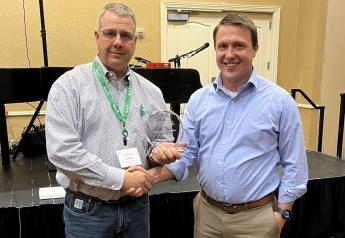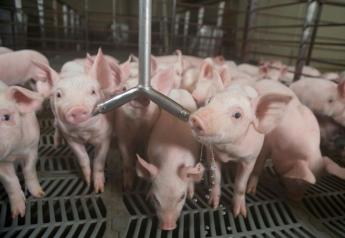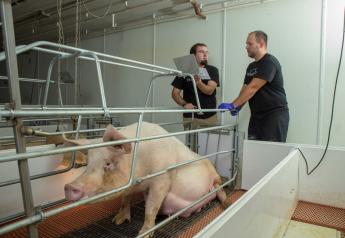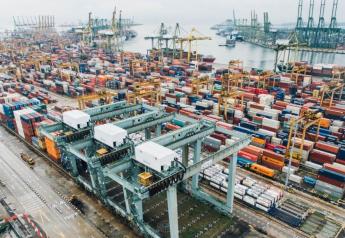Pork Industry: You Are Essential, Get the COVID-19 Vaccine
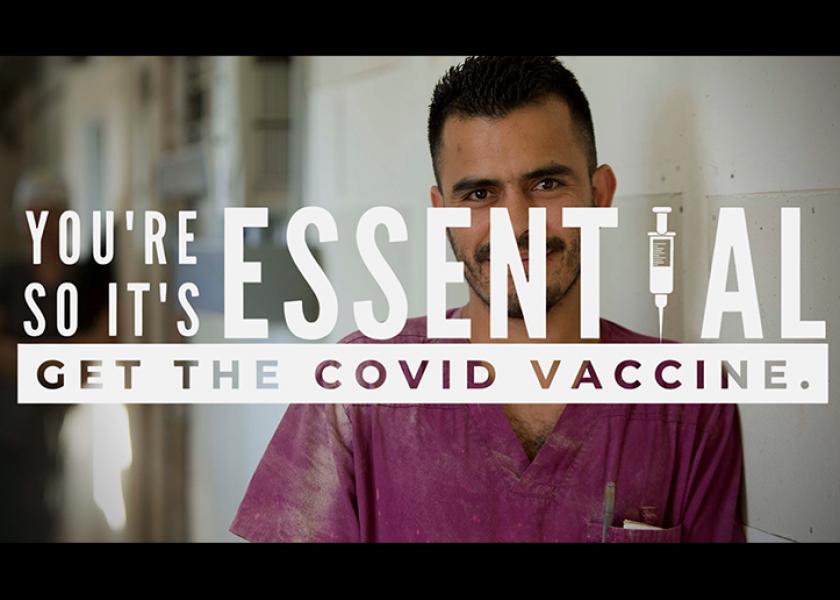
Supplying Americans and consumers worldwide with safe, nutritious pork requires a work force of more than 500,000 people across the country. At the onset of the COVID-19 pandemic, the U.S. Department of Homeland Security declared this work force as essential. From hog farmers and veterinarians to livestock haulers and harvest facility employees, they all play a crucial role in in our nation’s food security and rural economies.
In an effort to keep this workforce safe, the U.S. pork industry has made considerable investments to protect its essential workers across the supply chain. For example, meatpacking companies have invested more than $1.5 billion to implement new worker safety measures.
New analysis of independent data for 2020 shows these measures are working. In January, the North American Meat Institute reported new COVID-19 infection rates amongst meat and poultry workers were five times lower in December than in May, while rates in the general population rocketed up by nine times in the same period.
As the vaccine rollout continues across the country, the National Pork Producers Council (NPPC) has played an important role in supporting the prioritization of COVID-19 vaccinations for essential meat and poultry workers, directly after healthcare workers and other high-risk individuals.
On Wednesday, NPPC launched a new campaign encouraging pork industry workers to get vaccinated as the best defense against the COVID-19 virus and have also included links to bilingual literature from the Centers for Disease Control and Prevention for workers to share within their organizations. Learn more at https://nppc.org/essential/.
“U.S. pork producers, veterinarians, livestock haulers, harvest facility employees and other essential workers across the pork supply chain play a vital role in our nation’s food security and rural economies. Their safety is our number one priority and we know that getting vaccinated is the best defense against COVID-19,“ says Jim Monroe, NPPC assistant vice president, communications.
Read more:
COVID-19 Case Rates in Packing Plants Decline as General Population Rate Soars
Worker Absenteeism in Packing Plants is No Surprise
CDC Prioritizes Frontline Meat Workers for COVID-19 Vaccination


